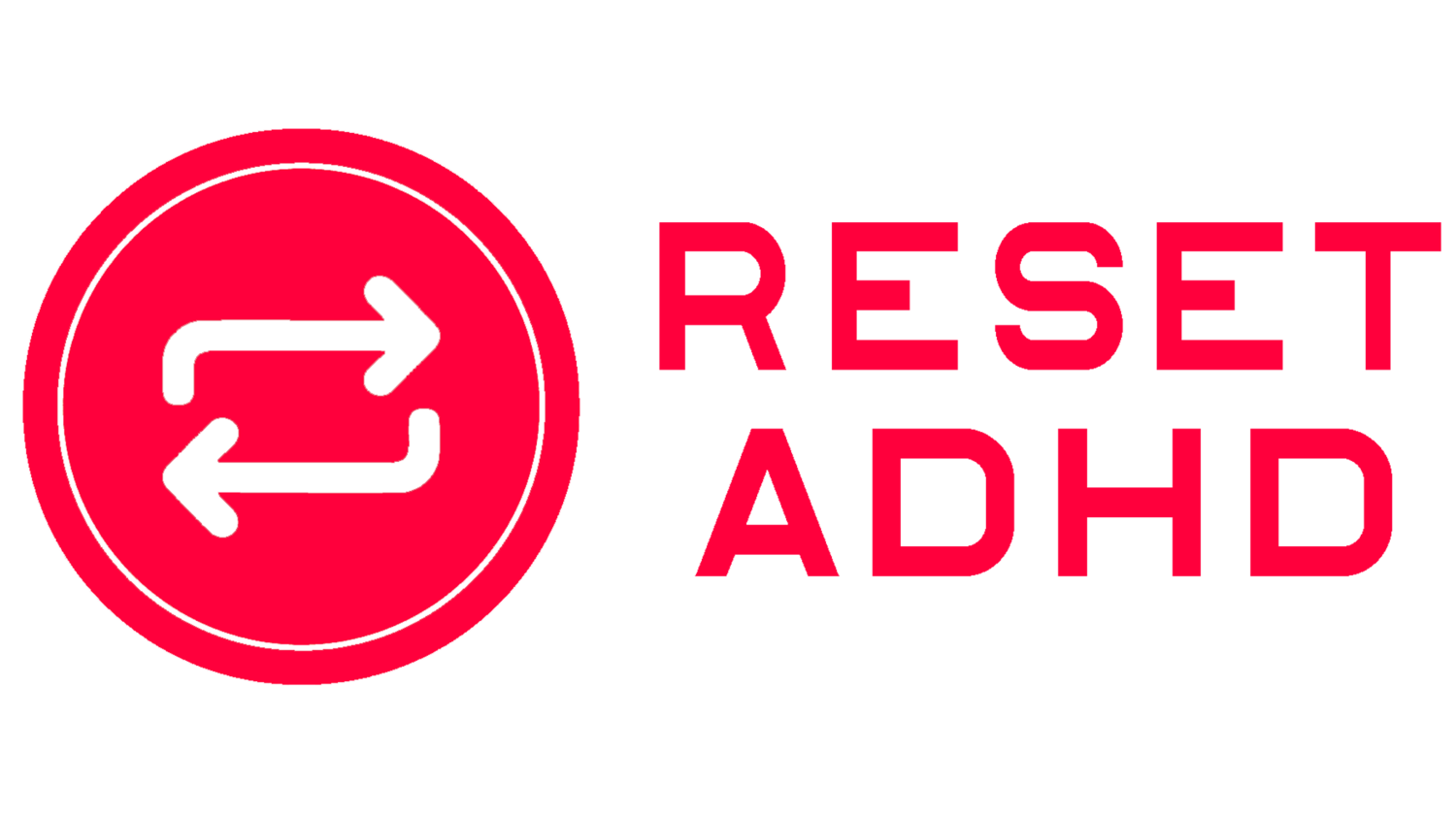A Crappy Truth about ADHD
After a recent diagnosis of a rare bacterial infection in my intestines as well as irritable bowel syndrome, I began wondering if gastrointestinal issues were one of the many comorbid conditions that plagued ADHDers. The results of my searching were, well, crappy (if you'll pardon the pun). While not much research has been done in the area, there is some evidence that GI distress is common among those with ADHD. There are many GI issues ranging from serious diagnosable conditions to occasional digestive issues, so this is a wide area. I am not a medical professional. Therefore, I will try to simply relay facts instead of making any bold claims. The only claim I intend to make is that some people with ADHD experience gastrointestinal issues.
ADHD and Chronic Constipation
While gathering my thoughts about and research on this topic, I happened to be casually reading through the August 2018 issue of Attention magazine when I stumbled upon an article about this topic of ADHDers' gastrointestinal health. According to Dr. Craig B. Liden, MD and Terri West, PA-C, 20 percent of children with ADHD have chronic constipation. This means that children with ADHD are three times more likely to have chronic constipation. They also point out that there have been no studies on adults with ADHD and chronic constipation, but they do note that 23 percent of their current adult patients with ADHD have either a history of or currently have chronic constipation symptoms which is about 50 percent higher than the occurrence of chronic constipation in the general population. Their article goes on to describe how the symptoms of ADHD can make constipation likely. If you have access to a copy of Attention, I highly recommend their article.
Linden and West's claims are backed up by McKeown et al's 2013 study. They found that "[c]hildren with ADHD are significantly more likely to have constipation and fecal incontinence." While this is a still new an untested area of research, the preliminary findings make a strong case that future research will come to similar conclusions.
ADHD and IBS
Note: In this section, I will be discussing irritable bowel syndrome in general, not specifically with diarrhea as the above gif might have you believe. I thought it was a funny gif, so I included it, despite its misleading caption.
IBS is the main reason I decided to start looking into this area. I was curious to see if there was some sort of connection. It does not appear as though there is one. Hodgkins et al (2011) reported that irritable bowel syndrome is found in 1.2 percent of those who had both ADHD and depression and 0.8 percent of those who have ADHD but not depression. This combines for 0.9 percent of all ADHDers they studied. These numbers are actually lower than they are in the general population. However, it is worth noting that the prevalence of IBS in ADHD patients is higher when the patient also has depression. Mental health issues like depression and anxiety can cause gut problems.
Anxiety and the Gut
There is a clear connection between gut health and mental health. Many studies have shown that nxiety can lead to GI issues and vice versa. Since there are so many ADHDers who suffer from anxiety (47.1% according to Kessler et al (2006)), it is not surprising that many who have ADHD also have poor gut health (at least with respect to chronic constipation). It could be that there is no direct relationship between ADHD and GI distress and that any GI symptoms in ADHDers are the result of a comorbid anxiety disorder.
Is It a Side-Effect of Medication?
There are some who say that ADHD medication can cause gastrointestinal issues, but there is not enough evidence to support those claims. Mckeown et al (2013) reported that "[m]edical therapy for ADHD does not impact visit rates for defecation disorders." However, a common side-effect of stimulant medication is a loss of appetite. This is the only GI symptom that has been definitively proven to be caused by ADHD medication. Furthermore, when I was seeing local doctors for my gastrointestinal issues and when I went to the Mayo Clinic for the same problems, there was no talk of taking me off of my ADHD medication.
More Research Is Needed
The research in this area is new and still open for debate. Almog et al (2010) found that "[a] higher frequency of food allergies was found in the ADHD group, but the relationship was at near significant levels only (p = 0.06), and open to criticism." They also stated that their "study showed no obvious correlation between GI symptoms and ADHD in Israeli children." Despite the murky evidence for a relationship between ADHD and GI issues, I still feel it is worth noting that there is an amount of evidence for a co-occurrence of ADHD and GI distress, especially in the area of constipation, that should not be ignored. I hope more research is done in this area so that the relationship between ADHD and the gastrointestinal system is fully explored.
LIKE THIS BLOG POST? CLICK HERE TO SUPPORT THE BLOG!
Sources:
Almog, M., Gabis, L. V., Shefer, S., & Bujanover, Y. (2010, January). [Gastrointestinal symptoms in pediatric patients with attention deficit and hyperactivity disorders]. Retrieved from https://www.ncbi.nlm.nih.gov/pubmed/20422838
Hodgkins, P., Montejano, L., Sasané, R., & Huse, D. (2011). Cost of Illness and Comorbidities in Adults Diagnosed With Attention-Deficit/Hyperactivity Disorder: A Retrospective Analysis.Retrieved from https://www.ncbi.nlm.nih.gov/pmc/articles/PMC3184593/
Kessler, R. C., Adler, L., Barkley, R., Biederman, J., Conners, C. K., Demler, O., Zaslavsky, A. M. (2006). The Prevalence and Correlates of Adult ADHD in the United States: Results from the National Comorbidity Survey Replication.
Linden, C. B., MD, & West, T., PA-C. (2018, August). Chronic Constipation. Attention, 22-25.
McKeown, C., Hisle-Gorman, E., Eide, M., Gorman, G. H., & Nylund, C. M. (2013, November).Association of Constipation and Fecal Incontinence With Attention-Deficit/Hyperactivity Disorder. Retrieved from https://www.ncbi.nlm.nih.gov/pmc/articles/PMC4530301/





